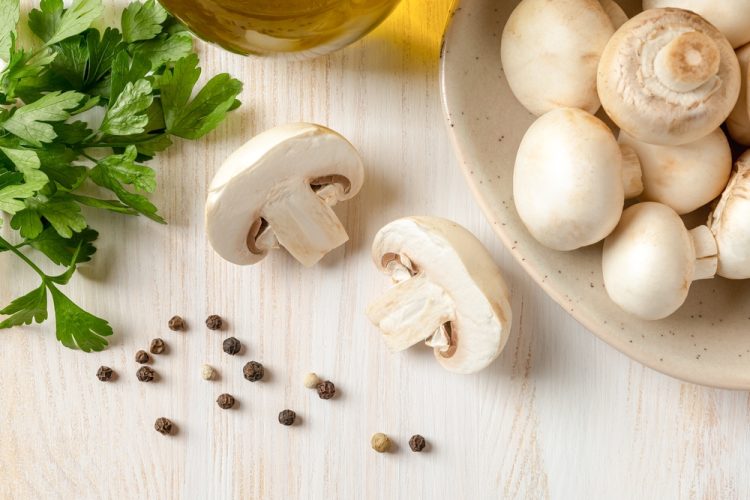Mushrooms emerge as a natural weapon against insulin resistance
- Like
- Digg
- Del
- Tumblr
- VKontakte
- Buffer
- Love This
- Odnoklassniki
- Meneame
- Blogger
- Amazon
- Yahoo Mail
- Gmail
- AOL
- Newsvine
- HackerNews
- Evernote
- MySpace
- Mail.ru
- Viadeo
- Line
- Comments
- Yummly
- SMS
- Viber
- Telegram
- Subscribe
- Skype
- Facebook Messenger
- Kakao
- LiveJournal
- Yammer
- Edgar
- Fintel
- Mix
- Instapaper
- Copy Link
Posted: 25 February 2025 | Ben Cornwell | No comments yet
Mushrooms, long celebrated for their culinary appeal, may hold the key to tackling one of the world’s most pressing metabolic disorders.


New research, published in the International Journal of Molecular Sciences, suggests that commonly consumed varieties of mushroom such as white button, shiitake and oyster could play a crucial role in managing insulin resistance (IR), a precursor to type 2 diabetes (T2DM).
Insulin resistance occurs when the body’s cells fail to respond effectively to insulin, leading to elevated blood glucose levels. Over time, this can contribute to diabetes, a condition that currently affects an estimated 830 million people worldwide, according to the World Health Organization. As global health experts search for alternative and preventative treatments, edible mushrooms are emerging as a promising dietary solution.
The new study, from Semmelweis University in Hungary, highlights how mushrooms’ bioactive compounds — including polysaccharides, terpenoids, phenolic compounds and essential vitamins — work to improve metabolic function. One key mechanism involves the gut microbiome. Polysaccharides, the indigestible fibres found in mushrooms, act as prebiotics, fostering the growth of beneficial gut bacteria. These microbes, in turn, enhance nutrient absorption, fortify the intestinal barrier, and reduce chronic inflammation, an important contributor to insulin resistance.
“Recent research has highlighted the significant impact of gut health on conditions like obesity and type 2 diabetes,” explains Dr Zsuzsanna Németh, lead author of the study and biologist at Semmelweis University’s Department of Internal Medicine and Oncology. “By nurturing gut bacteria through diet, we can improve insulin sensitivity and overall metabolic health.”
Beyond gut health
Beyond gut health, mushrooms influence insulin resistance by modulating glucose absorption, enhancing insulin signalling pathways and optimising lipid metabolism. Certain bioactive compounds help regulate enzymes responsible for glucose absorption, preventing sharp blood sugar spikes. Others support insulin secretion from pancreatic cells, aiding in glucose regulation. Mushrooms may also improve the function of fat tissue, promoting the release of anti-inflammatory adiponectin — a hormone that enhances insulin sensitivity.
“As interest grows in non-pharmacological approaches to disease prevention, this opens up exciting possibilities for using edible medicinal mushrooms as complementary agents in diabetes management,” says Dr Németh.
However, she advises that while promising, mushrooms should be incorporated into a balanced diet and used under medical supervision for those managing diabetes.








